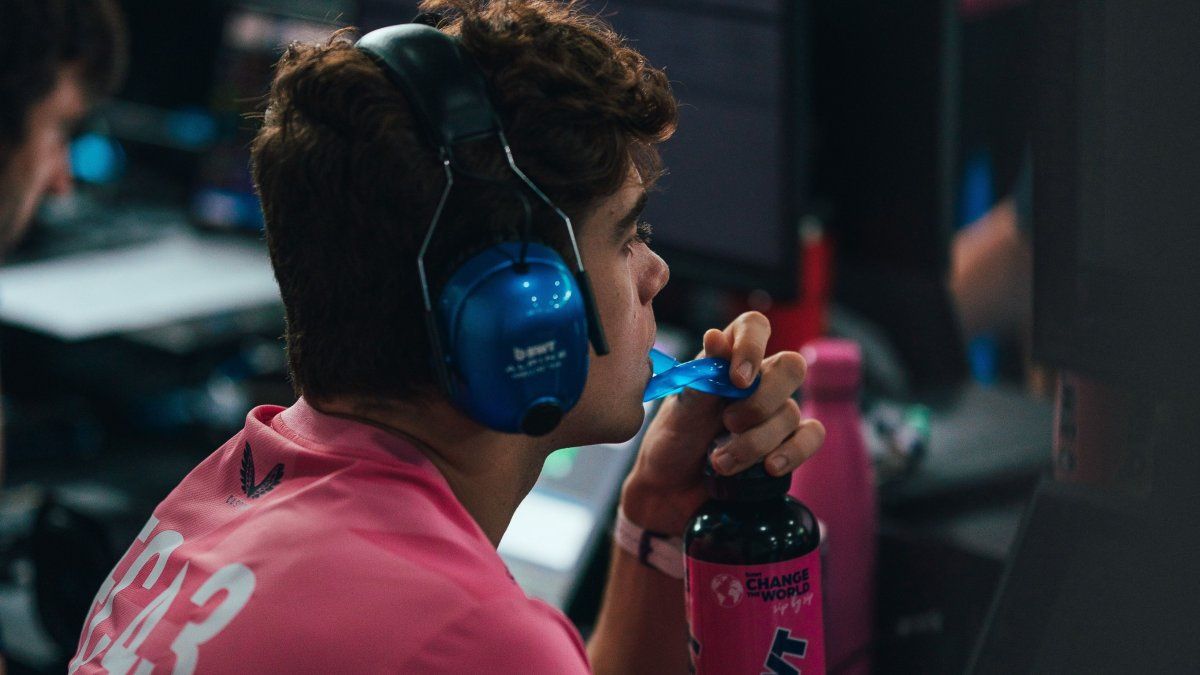The boom years from the Corona era are long over for the bicycle industry. Customers will be able to benefit from the increasingly tough competition in terms of prices for some time to come.
The bicycle industry has to struggle against persistent headwinds, while customers can still hope for big discounts for some time. According to a study by the consulting company Roland Berger, sales figures for new bikes in Europe will remain well behind the best values from the Corona period in the next two years.
The manufacturers are sitting on large quantities of fully assembled wheels and expensively purchased components, while retailers hardly order more because they first have to reduce their own inventories. A recovery will not begin until the 2026 season at the earliest, according to the market study, for which 40 industry insiders, primarily from German-speaking countries, were qualitatively surveyed.
Price war continues – discounts still expected
Bikes will therefore often only be available for sale at high discounts in stores in the coming year. The price war will last at least another 18 months, says study author Michael Heller. In addition to the struggle for sufficient liquidity, Uwe Wöhl from the VSF dealer association is also observing increasing cut-throat competition: Large manufacturers are already offering new goods from the 2025 season at lower prices than in the previous year. The other providers’ stocks automatically lose value.
Interested parties can therefore continue to benefit from low prices for both e-bikes and conventional bicycles – even if the ADFC warns against rash, quick purchases that do not suit their own needs or body measurements. Wöhl points out that high discounts are only good for consumers as long as the bicycle trade can survive with its range of services.
Margins remain low
Because retailers ordered much less than expected at Frankfurt’s leading trade fair “Eurobike”, the majority of study participants expect further declines in sales. A large e-bike manufacturer says it is planning a 15 percent decline in volumes by 2025. “The current margins for me as a retailer are so low due to the ongoing discount campaigns that it is significantly riskier to order goods from my bicycle brands than to forgo the additional sales,” the managing director of a retail chain is also quoted as saying.
Overall, sales remain well below the level of the record year 2021, when 22.1 million bikes were sold across Europe due to the corona pandemic and sales of 21.2 billion euros were achieved. Although the average price per bicycle is rising as a result of the e-bike boom, the authors expect revenues of around 20 billion euros to remain below the record in 2026. But then only 15.9 million bikes would have to be sold. According to the forecast, this year there will be 15.3 million bikes with sales of 17.5 billion euros.
E-bikes could become cheaper on average
The study, in which the Göttingen bicycle press service also contributed, sees the overarching trend towards CO2-free mobility in Europe’s cities as still intact. The bicycle is an important part of the transport transition. Sales growth will be achieved through the growing share of e-bikes, which already account for more than half of all sales in the German market. Other European markets only have e-bike quotas of 30 percent, so there are additional sales opportunities there.
The average prices for e-bikes are likely to settle at a slightly lower level with simpler technology. In Germany, widespread company bike leasing has so far favored particularly high-quality and expensive bikes – a sales promotion that does not exist in many other countries.
Stronger brands and deeper value creation
The Roland Berger study advises manufacturers to introduce fewer new models and strengthen their brands. In addition, they would have to strive for a larger share of the added value by developing their own components and accessories, which have so far been purchased on a large scale and only mounted on frames that have also been purchased.
It is also expected that manufacturers will increasingly try to market their bikes directly to consumers via the Internet. However, the established dealers would be integrated into the strategy in order to avoid conflicts. The exception here are companies that have already built up their own strong online sales in recent years without a dealer network.
Trend towards more bicycle traffic intact
Despite all the problems, the players see the bicycle market as fundamentally intact. The bicycle is an important instrument for solving traffic problems, says co-author Gunnar Fehlau, for example. ADFC Federal Managing Director Caroline Lodemann, however, calls for faster expansion of the relevant infrastructure. The path to becoming an attractive cycling country requires sufficient money, planning security and courage.
Report Roland Berger
Source: Stern




